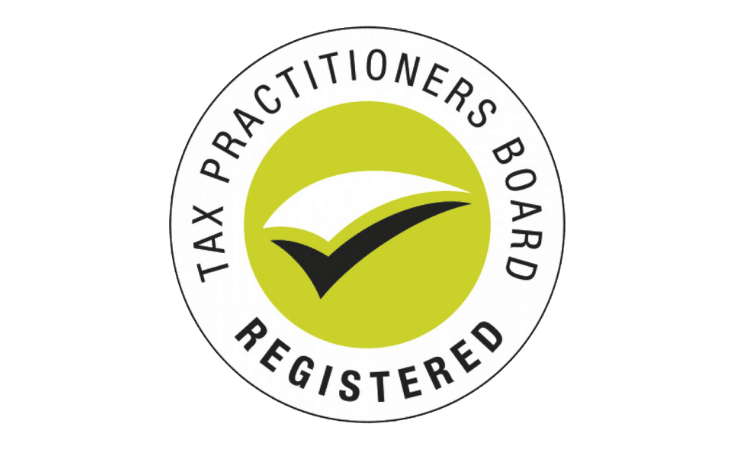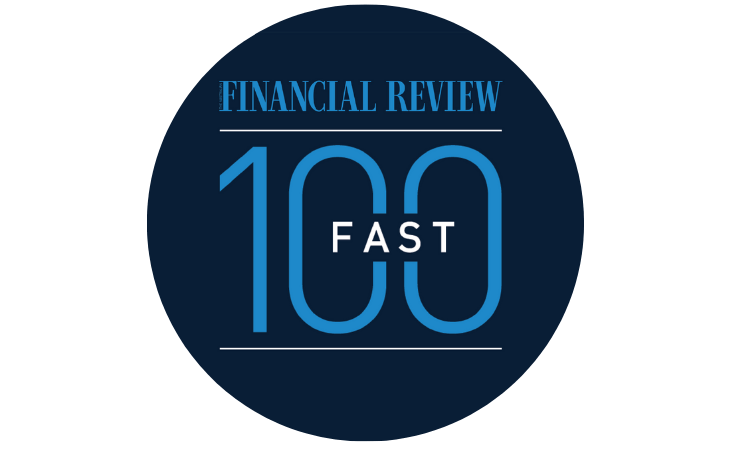
Business Plan & Structure
Asking the right questions at the beginning of your business journey is important as it shapes the path you’ll be taking. You should be building out your business plan to reflect how you want your business to look in the next 5-10 years, and then building the structure to support that.
Keep in mind that your business plan isn’t something you just do once and never look at again. You should be reviewing it as you progress through your journey to ensure it’s still serving the desired purpose.
If you want multiple sites, equitable partners, or Research & Development (R&D), you need to be set up correctly to facilitate these goals. Changing your structure down the line can cause complications, additional tax and a significant amount of extra administration.
These are all headaches you don’t need as they will take your focus away from growing your business. Our team of accountants will do the hard thinking, analysis and strategy development to make sure your business is structured the right way, from the beginning.
How Carbon can help you
We can provide advice on the best business plan and structure for your business, both where you are now and how you plan to grow.
- Minimise income tax
- Maximise asset protection
- Allow for the addition of new business partners or investors.
- Ensure compliance with all legal requirements for your industry.

Some common business structures include:
Some common business structures in Australia include sole traders, partnerships, companies, trusts and SMSFs. Each structure has different legal, tax and reporting obligations. Choosing the right one can impact how you operate and grow your business.
This is a low-cost option for starting your business. It’s controlled by you as an individual, and you as an individual are responsible for the income, expenses and debts of the business. It’s not the ideal structure for sustained growth in your business, as new owners will lead to a change in the business.
A partnership is controlled by two or more people, who share profits based on set percentages.
This type of model is a low-cost option for a start-up business. Every year a separate tax return will need to be completed.
This structure offers set ownership entitlements. Its control is dictated by rules set by the owners and ownership percentages. This is a good option for growth since ownership can be changed without changing the business registrations allowing owners to separate their personal assets. Tax is paid on profits, based on company tax rates.
A discretionary trust offers a lot of flexibility in a family-owned business. Family members can enter and leave the business without changing the trust itself. Profit allocations can be adjusted annually, as entitlements are not set, increasing cash flow in your business. A trust can be used for 80 years, allowing the business to be passed down generations without substantial tax implications.
SMSFs are designed to give owners of these funds control over the investments that will fund retirement. Superannuation is a low taxation option for investments if managed appropriately. Once in retirement, tax can be minimised to zero, increasing funds for your retirement.
It’s important to review your structure on a regular basis
There are a variety of options when it comes to business structure and understanding what they offer your business is essential.
It’s important to work with an accountant to discuss your options. An accountant will be able to make recommendations based on the future plans for your business and explain why one structure may be more favourable than another for your circumstance.
It may even be the case that a combination of multiple structures would work best for your business.

Frequently Asked Questions
Consider factors such as liability, taxation, control, funding needs and future growth plans. Consulting with a tax accountant can help you make an informed decision.
A few questions you should be asking are:
- What’s your business purpose?
- What’s your personal “why” for launching your business?
- How big are you planning on growing?
- Who are your target clients?
- Will you have staff?
- Will you ever have business partners?
- What’s your exit strategy?
Changing your business structure down the track can have significant complications, cause you to be required to pay extra tax, and therefore create a load of additional administration. All of this, however, can be avoided by planning ahead by working with Carbon.
Your business plan isn’t something you should ‘set and forget’. You should revisit your plan as your business grows, and your needs change to evolve your business plan as you go. If you haven’t looked at your business plan since you created it, don’t stress – it’s not too late. Get in touch with us today and let’s get started.
You will have worked with your accountant to create tax strategies for your business, and it’s important to align these strategies with your business structure. You can do this by communicating with your accountant often, and chatting with them about your business structure as you create it.
The main types are sole trader, partnership, company and trust, each with distinct legal, tax and operational implications.
Yes, you can change your business structure as your business grows or your needs change but this can have legal and tax implications.
Tax obligations vary by structure; companies are taxed separately from their owners while sole traders and partnerships report income on personal tax returns.
Incorporation offers limited liability, potential tax benefits and greater ability to raise capital but also involves more regulatory requirements.
A trust is a legal arrangement where a trustee holds and manages assets for the benefit of beneficiaries, often used for asset protection and tax planning.
Partnerships involve two or more people sharing profits, losses and decision-making, while sole traders operate independently.
A business plan helps guide your business strategy, secure funding, manage growth and track progress.
Key components include an executive summary, company description, market analysis, organisation structure, product line, marketing and sales strategies, funding request and financial projections.
Yes, a well-prepared business plan is essential for attracting investors and securing loans, as it demonstrates your business’ potential for success.
It’s advisable to review and update your business plan annually or whenever significant changes occur in your business or market.
Contact us today Book a free consultation
To find out more about how Carbon can help with your start-up, simply fill in the form below and we’ll be in touch shortly.
Our Latest
Featured in
Quotes


Carbon Group’s Christmas and New Year Closure Dates for 2025









































